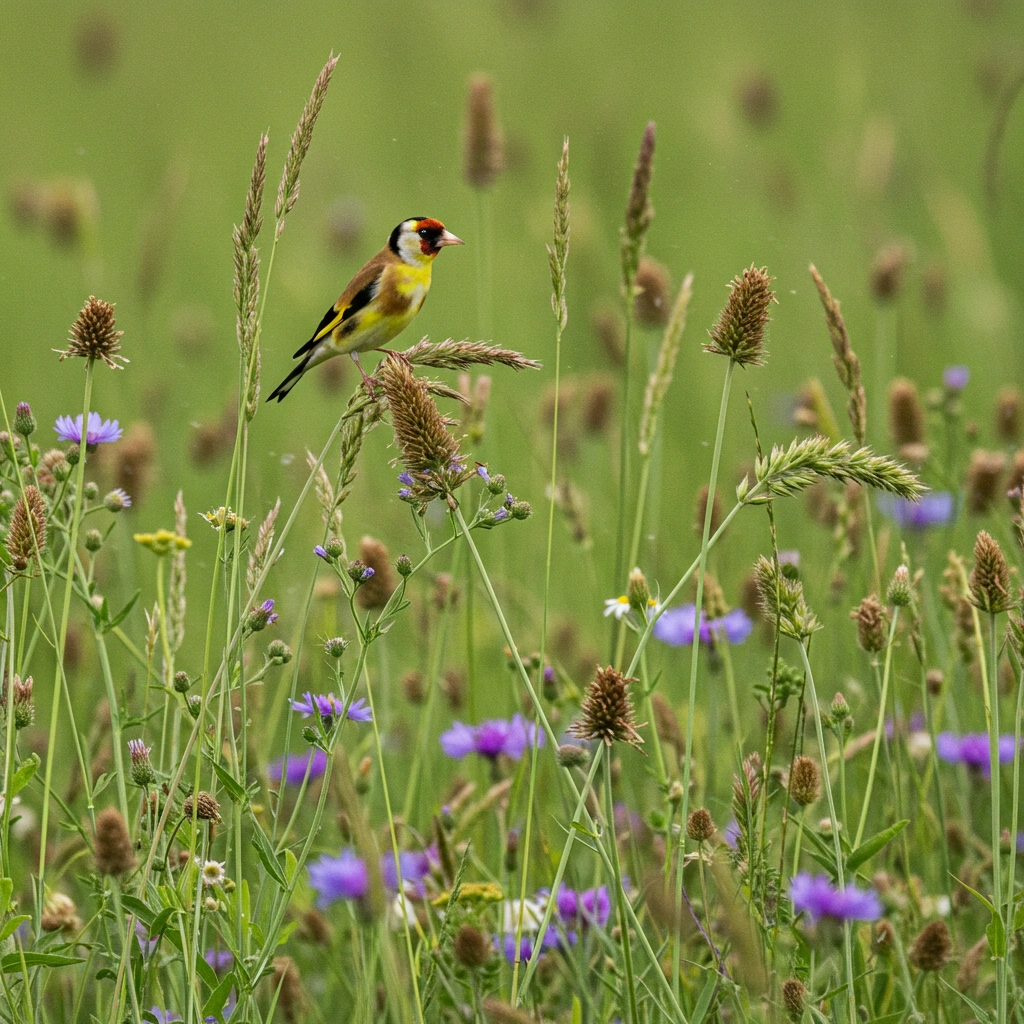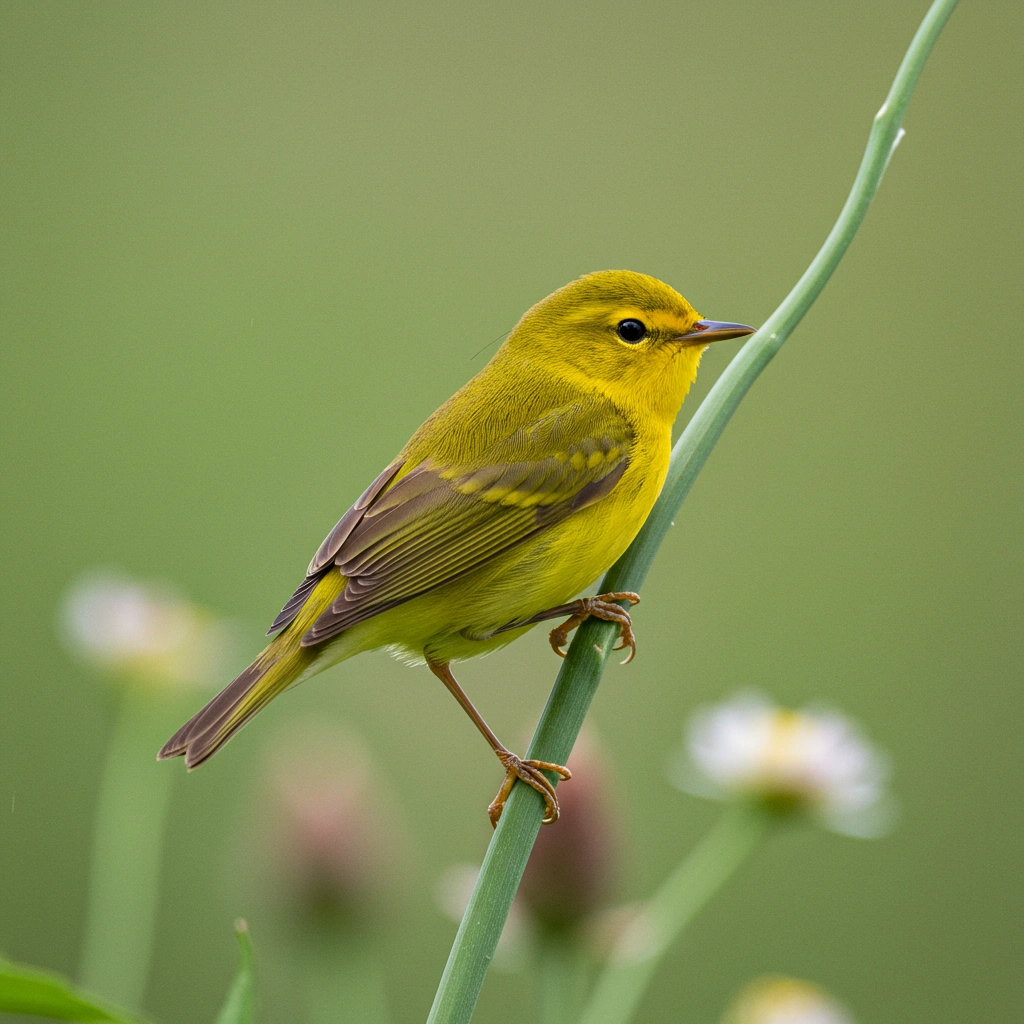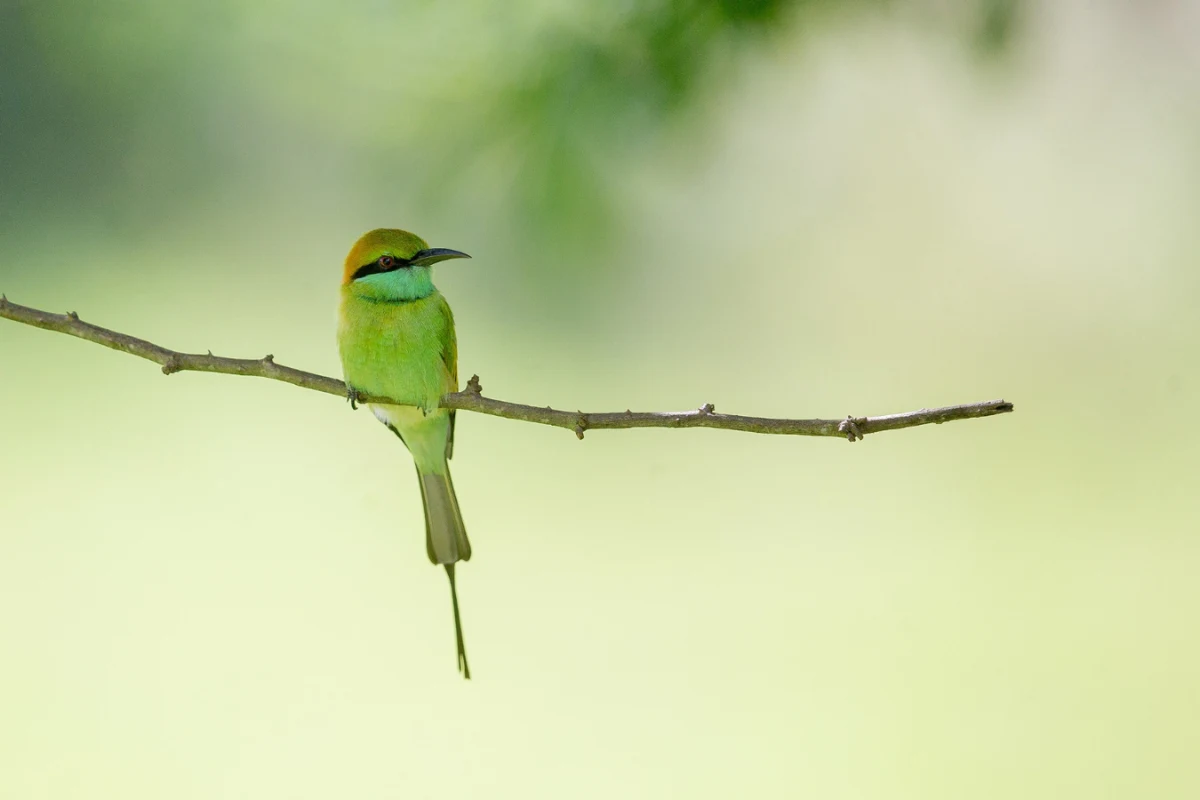Table of Contents
There are more than 9,000 species of birds in the world, and their ability to evade predators is remarkable. Birds are naturally adept at concealing their weaknesses to avoid being hunted, a survival skill that has carried over to domesticated birds. However, this makes it challenging for pet owners to recognize when their feathered friends are stressed or unwell.
Understanding the causes and symptoms of stress in birds is crucial for maintaining their well-being. Let’s explore the common causes of stress in birds, signs to watch for, and how to provide them with a healthy, stress-free environment.

What Causes Stress?
Birds can experience stress due to several factors, including:
- Environmental Changes: Relocating a cage, new pets, or unfamiliar surroundings can be unsettling.
- Loud Noises: Persistent, strange, or unpleasant sounds can cause distress.
- Boredom: Lack of stimulation can lead to behavioural issues.
- Illness or Injury: Physical discomfort often manifests as stress.
Now, let’s dive into the signs of stress and what you can do to help.
1. Biting: A Defense Mechanism
Biting is often seen as a sign of aggression, but, it’s usually an act of fear and self-defence. When a bird feels threatened or unsafe, it may resort to biting as a protective measure.
If your bird starts biting unexpectedly, take a moment to assess its environment. Has anything changed recently? Are there new noises, objects, or people nearby that could be triggering fear?
If everything appears normal and your bird continues biting, this could be a sign of illness. In such cases, a trip to the veterinarian is essential to rule out health concerns.

2. Unusual Screeching
Birds naturally screech and scream, but persistent, unusual vocalizations often indicate discomfort, pain, or stress. Long, continuous screeches are their way of signalling that something is wrong.
Start by examining for visible signs of injury or discomfort. If you can’t identify the issue, consult a veterinarian to ensure your bird’s health and happiness.
3. Unusual Silence
While excessive screeching is a concern, so is unusual silence. they are naturally vocal and cheerful creatures. A sudden lack of chirping or reduced vocalization could mean stress, unhappiness, or even illness.
Pay attention to their overall demeanour. Are they eating and drinking normally? If the silence continues for more than 24 hours, it’s time to seek professional advice.

4. Feather Picking
Feather picking is a common stress-related behavior, often triggered by loud or unpleasant noises. When stressed, birds may pluck at their feathers obsessively, even after the noise has stopped.
However, feather picking can also indicate other issues, such as allergies, infections, or boredom. To address this, take your bird to a vet for a thorough evaluation and ensure their environment is calm and stimulating.
5. Self-Inflicted Harm

Severe stress can lead to alarming behaviours, such as self-inflicted harm. In extreme cases, a bird might gnaw at its skin, causing deep wounds that expose muscles or bones.
This behaviour requires immediate veterinary attention. Those exhibiting self-harm may need medication and an e-collar to prevent further injury. A veterinarian can also help identify the root cause of the stress.
6. Stereotypical Behaviors
Repetitive actions, such as claw tapping, head swinging, or pacing, are known as stereotypical behaviours. These actions are often a sign of boredom, unhappiness, or prolonged stress.
To combat this, ensure your bird’s environment is enriched with toys, activities, and social interaction. Spend time talking to and playing with your bird to keep them stimulated and content.

7. Loss of Appetite
A sudden loss of appetite is a red flag for stress or illness. If your B refuses to eat its regular meals, try offering a variety of foods, such as fresh fruits or a different type of seed.
Monitor their eating habits closely. If they continue eating very little or nothing at all for over 24 hours, consult a vet immediately. A prolonged lack of appetite can quickly lead to serious health issues.
How to Create a Stress-Free Environment
Pet birds are highly sensitive, and even small changes in their surroundings can cause stress. To help your bird thrive, consider the following tips:
- Gradual Changes: Introduce new environments or routines slowly to avoid overwhelming them.
- Quiet and Calm Spaces: Minimize loud noises and sudden movements near your bird.
- Enrichment: Provide toys, perches, and opportunities for interaction to keep your bird mentally stimulated.
- Regular Health Checkups: Schedule routine vet visits to catch any potential issues early.
- Observation: Pay close attention to changes in behaviour, eating habits, or vocalization.
Conclusion
Recognizing the signs of stress in birds is key to ensuring their health and happiness. By being attentive to their behaviour and providing a stable, nurturing environment, you can prevent stress-related issues and help to lead a long, joyful life.
they are extraordinary companions, but their sensitivity requires patience and care. With the right approach, you can create a bond that’s as enduring as it is rewarding.








